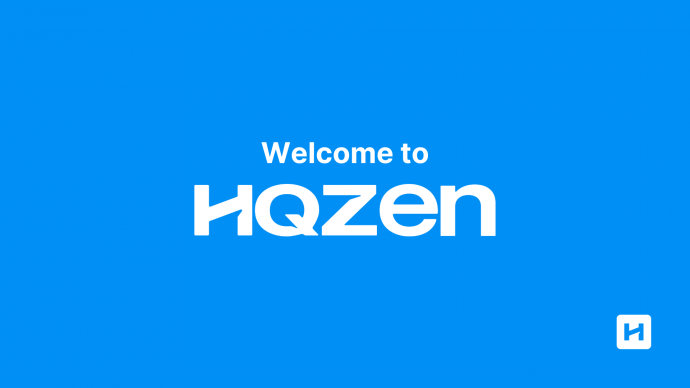In today’s fast-paced business environment, data-driven decision-making is essential to an organization’s success. Human Resource (HR) departments play a crucial role in this, but traditional HR reporting methods often involve manual processes that are time-consuming and error-prone. This is where an HR reporting system comes into play. These systems streamline data collection, analysis, and reporting, allowing HR teams to focus on strategy rather than administrative tasks. In this blog, we’ll explore the benefits of an HR reporting system and how it can transform your business operations.
What is an HR Reporting System?
An HR reporting system is a digital tool designed to automate the collection, processing, and analysis of employee data. It integrates various HR functions such as payroll, performance evaluations, attendance, recruitment, and compliance into a unified system, allowing HR professionals to generate detailed reports with just a few clicks. This data can then be used to make informed decisions, identify trends, and improve overall business operations.
Key Features of an HR Reporting System
- Automated Data Collection Traditional HR reporting requires manual input of employee data, which can lead to errors and delays. An HR reporting system automates this process, pulling information from various sources, including payroll systems, attendance records, and performance management tools. This automation ensures accuracy and saves time.
- Customizable Reports Every business has unique HR needs, and a good HR reporting system allows you to create customizable reports tailored to your specific requirements. Whether you need to track employee turnover, monitor performance metrics, or review compliance issues, the system can generate the exact data you need.
- Real-Time Analytics With an HR system, you can access real-time analytics on employee data. This means you no longer have to wait for monthly or quarterly reports to see how you workforce is performing. Instead, you get instant insights that enable quick decision-making and immediate action.
- Compliance Management HR departments are responsible for ensuring that the company complies with labor laws and regulations. An HR reporting system simplifies this by tracking compliance metrics and alerting HR when issues arise, reducing the risk of non-compliance.
- Employee Self-Service Portal Some HR reporting systems offer employee self-service portals, allowing employees to access and update their personal information, request time off, view their pay stubs, and more. This reduces the administrative burden on HR staff and empowers employees to manage

How an HR Reporting System Impacts Key HR Functions
- Recruitment and Onboarding HR report systems provide detailed insights into recruitment metrics, such as time-t0-hire, candidate sourcing, and job offer acceptance rates. This data helps HR teams refine their recruitment strategies to attract top talent. Additionally, the system can streamline onboarding by automating new hire paperwork and tracking the completion of essential tasks.
- Performance Management Tracking employee performance manually can be time-consuming and inconsistent. An HR reporting system allows managers to monitor key performance indicators (KPIs) in real-time. These reports can be used to identify top performers, address areas of improvement, and provide more objective performance reviews.
- Employee Engagement Engagement data, such as feedback from surveys, employee satisfaction scores, and participation in company events, can be tracked and analyzed through the HR reporting system. This helps HR teams implement targeted initiatives to improve engagement, which leads to higher productivity and better retention.
- Compensation and Benefits Accurate and up-to-date compensation reporting is essential for maintaining employee satisfaction and compliance with labor laws. An HR reporting system can automate payroll reports, track benefit usage, and provide insights into compensation trends, allowing businesses to offer competitive packages.
Choosing the Right HR Reporting System for Your Business
When selecting an HR reporting system, consider the following factors
- Scalability: Ensure the system can grow with your business and handle increasing amounts of data as your workforce expands.
- Integration: Look for a system that integrates seamlessly with your existing HR tools and software, such as payroll and performance management systems.
- Ease of Use: The system should be user-friendly, with a simple interface that allows both HR professionals and employees to navigate easily.
- Security: Given the sensitive nature of HR data, choose a system with robust security features, including encryption, access controls, and regular security updates.
An HR reporting system is a game-changer for businesses looking to streamline operations, improve decision-making, and enhance employee satisfaction. By automating key HR functions, this system not only saves time but also provides valuable insights that help businesses grow and succeed. Investing in a robust HR reporting system ensures that you HR department can focus on what truly matter– building a strong, engaged, and productive workforce.
